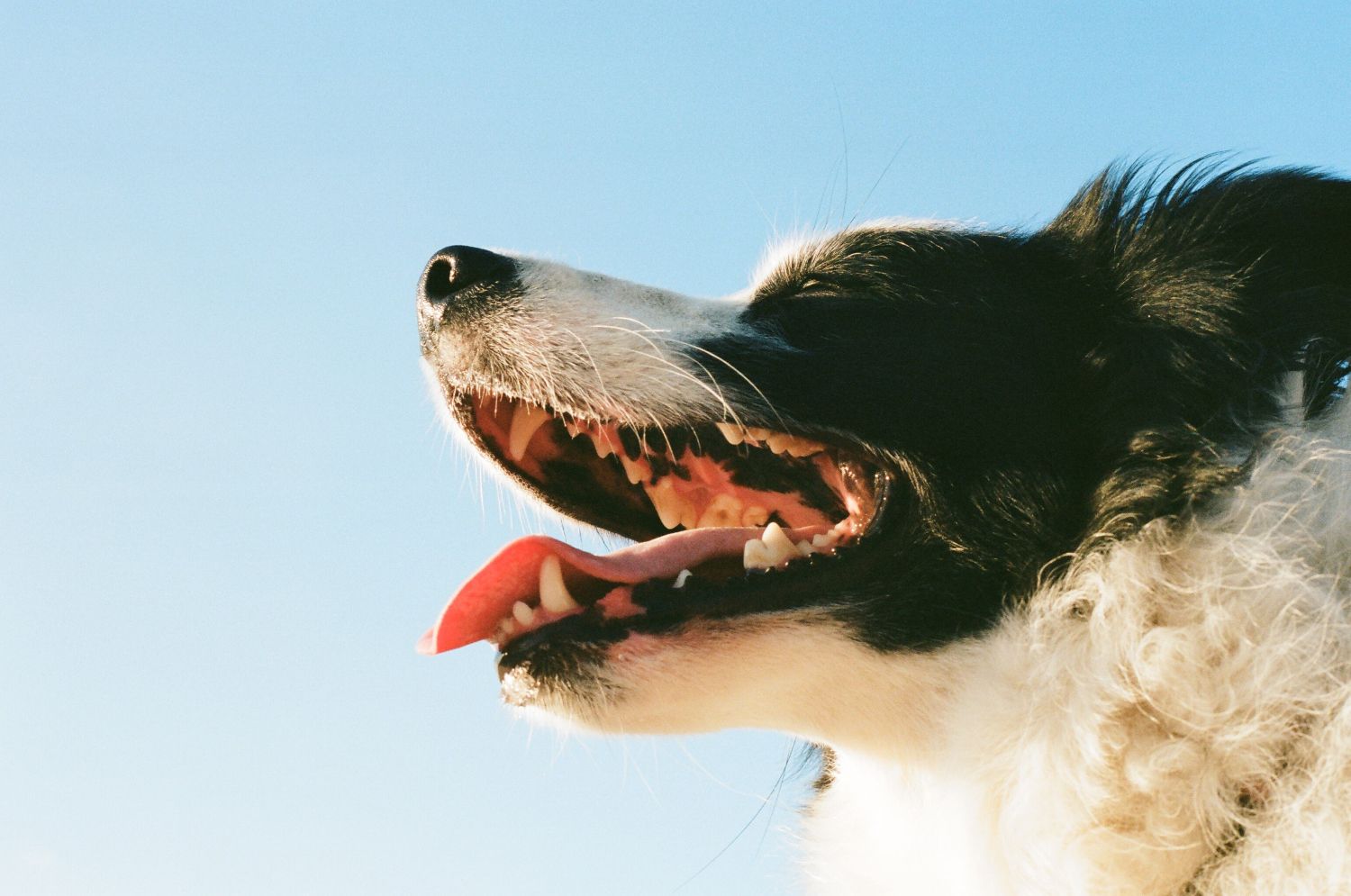Your dogs breath smells for many reasons. These reasons include infections in the nose, sinuses, and the Anal glands. If you notice that your dog has an unpleasant breath smell, there are several things you can try to treat the condition. Listed below are a few possible causes.
Anal glands
A fishy smell in your dog’s breath could be due to its anal glands. These glands produce a pungent fishy odor. Luckily, a vet can help get rid of this unpleasant odor. Proper diet and exercise can keep the anal glands healthy. Regular bowel movements are essential to the health of your dog’s anal glands.
The anal glands contain numerous sweat and sebaceous glands which produce a stench. Dogs use this smell to scent mark their territory, which helps them identify strangers. They also sniff each other’s backsides for scent markers, which they use as a form of communication. The fishy smell on your dog’s breath can be a sign that he is afraid of you, or it could be a sign of a more serious condition.
Oral tumors
There are a variety of diagnostic tests available to determine if your dog has an oral tumor. Some oral tumors can be diagnosed with a biopsy, which removes tissue from the tumor and sends it for laboratory analysis. A dental radiograph can also be taken to determine if the mass has spread to nearby bone.
An oral tumor causes your dog to have a foul odor, drool, and difficulty chewing. The best way to determine if your dog has one of these tumors is to have your pet checked by a veterinarian. During the initial exam, your vet will look for other conditions that may be causing the foul odor. Blood work, stool samples, and urine tests may also be ordered. Your veterinarian may also recommend x-rays of the mouth in order to determine the extent of the damage.
Infections of the nose and sinuses
Dogs can be sensitive to smells due to infections of the sinuses and nose, and they may have bad breath as a result. These infections can be extremely uncomfortable for your pet, so it’s important to find out what’s causing them. Sinus infections are characterized by inflammation of the sinus lining and can be caused by a variety of different factors. These infections can cause your dog to have bad breath and can require medical intervention.
Another common cause of bad breath in dogs is gastrointestinal problems. Some dogs have a leaky gut, which allows pathogens to travel throughout their body and release through the mouth. Internal blockages and megaesophagus can also cause dogs to have bad breath. Some dogs may even develop a metallic or urine-smelling odor, a sign that they may have kidney failure or other illnesses.
Coprophagia
A veterinarian may be able to give you a treatment plan for your dog if the smell of its droppings is bothersome. However, before you try any treatment, you must rule out medical issues. There are several possible causes of coprophagia. Your veterinarian will also be able to provide you with tips on how to deal with the problem.
Coprophagia is a condition where a dog eats its own or that of other animals. The feces may be contaminated with parasites and diseases, and your dog could be exposing itself to a variety of infections. However, treating your dog before you notice symptoms will reduce the risk of the disease becoming habitual.
Fishy breath
The smell of fishy breath in dogs can be very unpleasant. If you notice your dog having this problem, it is a good idea to learn why it is happening and how you can prevent it. Bad breath in dogs is caused by various factors, including dental disease. Food particles, saliva, and bacteria form plaque, which can eventually harden into tartar and cause bad breath.
The anal glands in dogs produce an unpleasant smell when they poop. If these glands become infected, the odor can be transferred to the mouth. This can cause discomfort and cause the dog to over-lick its bottom. To alleviate the discomfort, the vet may press on the anal glands. In addition, if the smell is caused by an infection, he may prescribe medication for your dog.

